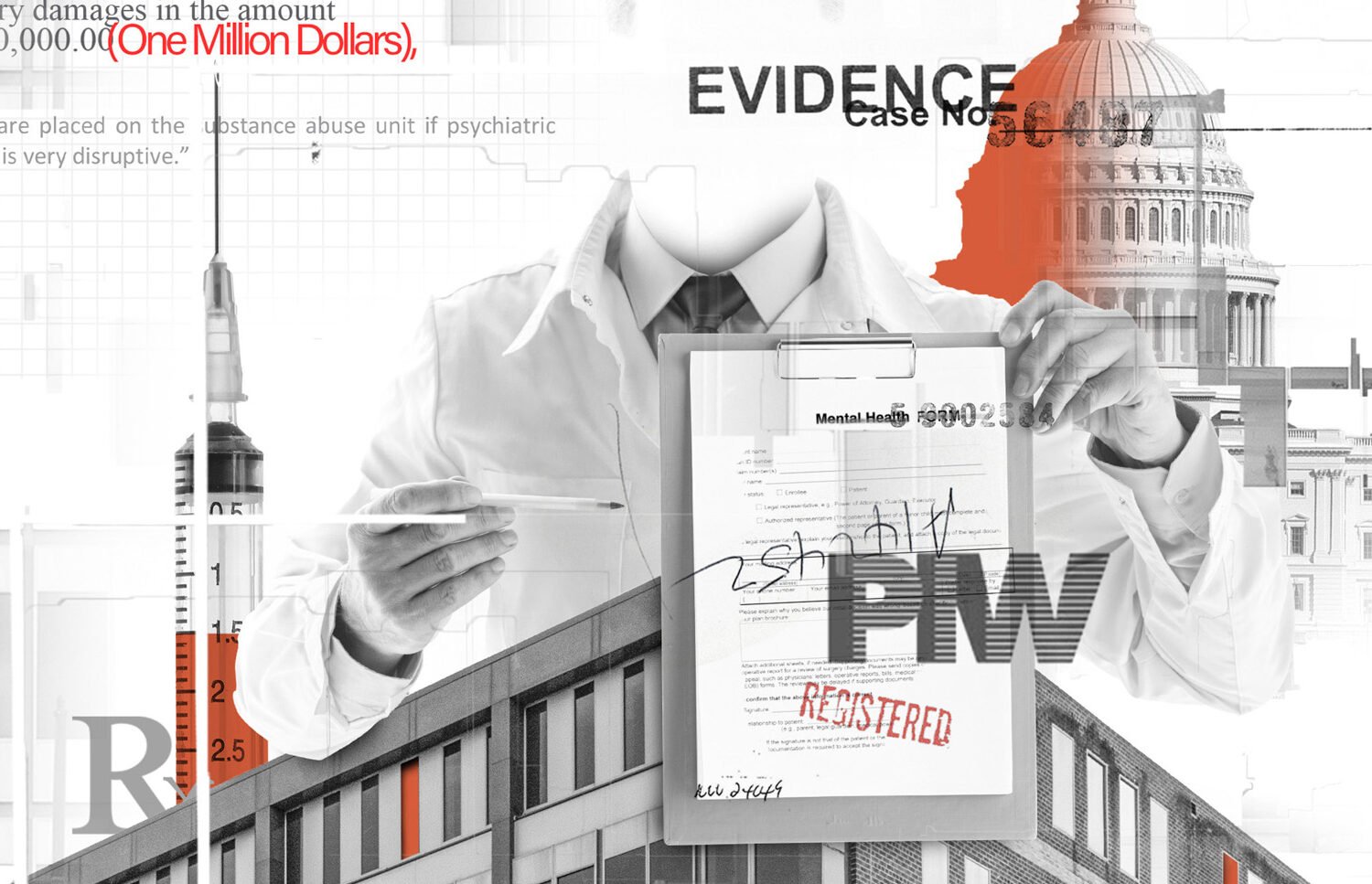In a move that’s adding fire to an already controversial debate, a government panel has issued a final recommendation against men undergoing prostate cancer screenings.
The recommendation, released this Monday by the US Preventive Services Task Force (USPSTF), gave the prostate-specific antigen (PSA) test a D rating, saying it does more harm than good.
The problem? The blood test and prostate biopsy, during which a hollow needle is inserted into the prostate to obtain a piece to examine, often lead to misdiagnosis and unnecessary and harmful prostate cancer treatment, the panel said.
Urologists have strongly protested the panel’s advice, ever since the independent group of health experts came out with its initial recommendations last fall. Dr. Robert Mordkin, a urologist at Virginia Hospital Center, says the reaction among his colleagues has been negative, and they “completely disagree” with the task force’s recommendation.
“We absolutely need a better detection method for prostate cancer, and the search is on for a more accurate test,” Mordkin says. “But until one is available, I do not believe that turning back the clock to the pre-PSA era is wise or safe.”
The panel said that for every 1,000 men who are screened with the PSA test, due to treatment 30 to 40 men will develop some sort of sexual dysfunction; two will experience a serious heart problem, including a heart attack; and one will develop a serious blood clot in his leg or lungs. At worst, one out of every 3,000 men will die due to complications from surgery.
These harms outweigh the benefits of receiving a screening, the panel said, since just one man in 1,000 avoids death from prostate cancer because of screening.
The independent organization updated its recommendation this year by reviewing studies that have become available since 2008. Mordkin notes that there were no urologists on the panel, nor were there any involved in the analysis of the data or crafting of the recommendation.
While he does acknowledges that the current PSA screening has its limitations, he notes that “the task force recommendation fails to acknowledge that it can be helpful when properly applied to the correct, at-risk population.”
In a video statement released by the George Washington Medical Faculty Associates, urologist Dr. Compton Benjamin said he will continue to encourage his patients to be screened, especially those who are at high risk for prostate cancer, including people with a family history and African-Americans.
While the recommendations are not a mandate, the USPSTF urges doctors and patients to not screen for prostate cancer unless a patient requests it and the doctor presents the possible harms of receiving the test.
It’s estimated that 241,740 men will be diagnosed with and 28,170 will die of prostate cancer in 2012, according to the National Cancer Institute.
“I personally feel that this simply gives men yet another excuse to ignore their own health issues,” Mordkin says.

















